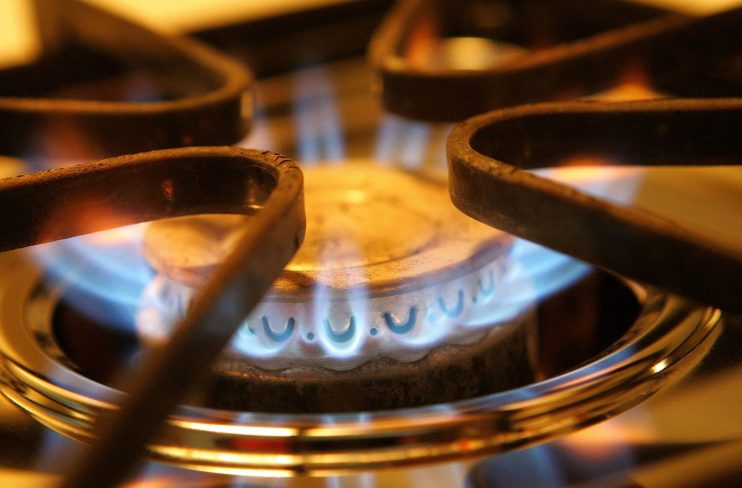Market stabilisation charges yet to be triggered confirms Ofgem

Market stabilisation charges (MSCs) have not yet been applied to the energy market, revealed Ofgem.
The watchdog told City A.M. that while the mechanism was approved and brought in on April 14, no energy suppliers have been charged.
This is because MSCs only kick in when wholesale prices fall 30 per cent below the price cap.
MSCs protect an energy firm when it loses a customer to another supplier, with the company being reimbursed for some of the wholesale energy losses caused by the departing household.
The policy is designed to reduce the market’s reliance on switching, and to ensure firms are compensated for hedging long-term for their customers and are not exposed by departures.
Ofgem believes this will make the retail market more resilient to future shocks, and protect customers during periods of extreme volatility across the energy sector.
In its latest updates, Ofgem announced plans to raise the amount losing suppliers are reimbursed from 75 per cent of the cost of hedged energy to 85 per cent.
It has also decided to cut the trigger point for MSCs being in play to 10 per cent below the level of wholesale energy prices.
An Ofgem spokesperson said: “We are making these changes to make the MSC more robust given the increased volatility in the wholesale gas market since Russia’s invasion of Ukraine.”
The decision was harshly criticised by Money Saving Expert founder Martin Lewis, who slammed Ofgem in a foul-mouthed tirade yesterday.
He called the regulator’s plans a “f*****g disgrace that sells consumers down the river”.
Lewis argued the plans lock in high prices for consumers by deterring them from offering deals below the price cap, to avoid MSCs.
He later apologised for swearing on Twitter, but maintained his criticism of the watchdog.
Lewis said: “I should’ve behaved better. My ire’s institutional not individual, its was inappropriate.”
However, Ofgem has defended its latest proposals, which came alongside plans to review the price cap four times a year rather than twice.
It said: “We are making these changes to make the MSC more robust given the increased volatility in the wholesale gas market since Russia’s invasion of Ukraine.”
“This will reduce the risk of additional costs to consumers from supplier failures. It ensures that suppliers can buy electricity and gas needed to supply their customers confident that they will be reimbursed if they are undercut by other suppliers if wholesale prices fall.”
Ofgem has been scrambling to fix the energy market following carnage across the industry, which has seen 29 suppliers collapse since last September.
This has directed over four million customers and has led to Bulb Energy entering de-facto nationalisation, in the biggest state bailout since RBS in 2008.
The clean-up bill, which totals billions of pounds, has contributed to the consumer price cap rising to nearly £2,000 per year.
It has recently announced plans for hedging controls, financial stress tests and is looking to halve the implementation period for future price caps from two months to one.